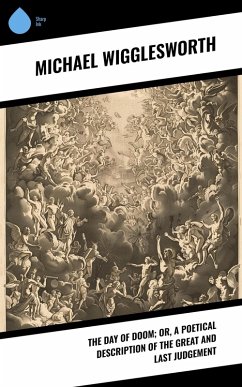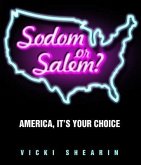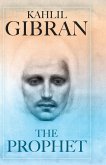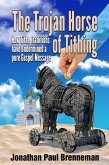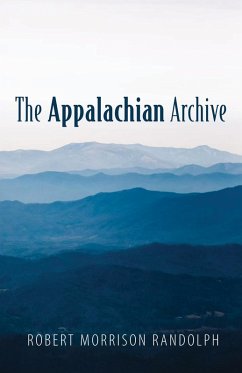In "The Day of Doom; Or, a Poetical Description of the Great and Last Judgement," Michael Wigglesworth employs a poignant and vivid poetic style to explore the themes of judgment, sin, and redemption in the context of Puritan theology. This early American work, written in a manner reminiscent of John Milton, utilizes iambic pentameter to deliver a haunting portrayal of the apocalypse, merging intricate rhyme schemes with stark imagery. Wigglesworth's poetry serves as both a didactic tool and a reflection of the intense religious fervor of the 17th century, capturing the anxieties surrounding salvation and the moral responsibilities of individuals in a deeply Calvinist society. Michael Wigglesworth, a prominent minister and poet born in 1630, was steeped in the convictions of Puritanism, which profoundly influenced his writing. His background in theology and pastoral duties undoubtedly shaped his depiction of the last judgment. Wigglesworth's work reflects the struggles of a society grappling with existential fears and the pursuit of personal piety, serving as a mechanism to guide his contemporaries toward spiritual awakening amidst societal turmoil. Recommendation for readers: "The Day of Doom" is essential for anyone interested in early American literature and the intersection of religion and art. Wigglesworth's masterful blending of poetic form and fervent religious themes invites readers to contemplate the implications of their moral choices, making it a relevant and thought-provoking read even in contemporary times.
Dieser Download kann aus rechtlichen Gründen nur mit Rechnungsadresse in A, B, BG, CY, CZ, D, DK, EW, E, FIN, F, GR, HR, H, IRL, I, LT, L, LR, M, NL, PL, P, R, S, SLO, SK ausgeliefert werden.
Hinweis: Dieser Artikel kann nur an eine deutsche Lieferadresse ausgeliefert werden.

